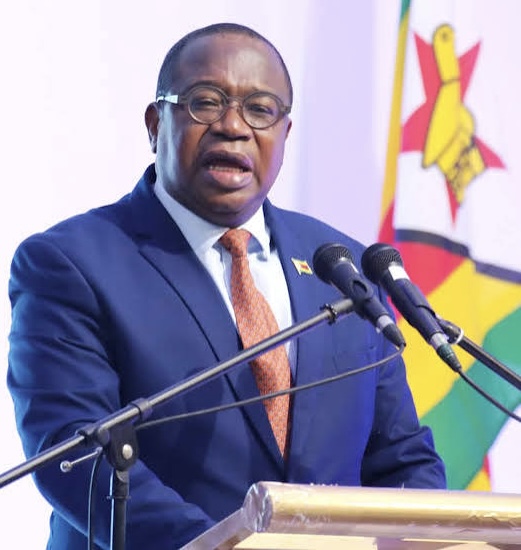Zimbabwe is accelerating business reforms to lower costs, foster innovation and expand its footprint in the African Continental Free Trade Area (AfCFTA), Finance, Economic Development and Investment Promotion Minister Professor Mthuli Ncube has said.
Speaking at the official opening of the Zimbabwe Economic Development Conference (ZEDCON) 2025 in Bulawayo yesterday, Professor Ncube, delivering the keynote address on behalf of President Emmerson Mnangagwa, said reforms under the National Development Strategy 1 (NDS1) had laid “a solid foundation for sustained transformation” through revitalising industry, attracting investment and streamlining regulation.
He emphasised that Zimbabwe will closely tie its future growth to the AfCFTA, which unites a single African market of over 1.4 billion people with a combined GDP of about US$3.4 trillion.
“By leveraging this platform, Zimbabwean industries can unlock unprecedented opportunities to export, scale up production and compete more effectively on the global stage,” Ncube told delegates.
At the centre of the government’s agenda, he said, is a deliberate drive to cut red tape, eliminate unnecessary levies and reduce business costs across all sectors.
“We are systematically cutting down fees and charges in order to encourage efficiency, higher productivity and sustainable growth,” he said.
So far, reforms have focused on agriculture, tourism and transport. In agriculture, the government cut farm registration fees to as low as US$1 and removed several regulatory charges altogether.
In transport, it reduced the cost of vehicle number plates from US$500 to US$50 and halved parking and clamping charges. It also scrapped several other fees and duplications under the President’s ‘Zimbabwe is Open for Business’ agenda.
“These changes are fundamental in reducing the cost of doing business, creating the right base for us to launch into NDS2 and ultimately achieving Vision 2030,” Ncube added.
He called on the private sector to work closely with the government by harnessing opportunities from ongoing infrastructure projects, including road rehabilitation, renewable energy, and the expansion of health and education facilities.
“These investments are designed to unlock new avenues of growth and innovation in line with our commitment to foster a more enabling business climate,” he said, stressing that macroeconomic stability will remain the cornerstone of policy direction.
Ncube further urged collaboration between business, academia, civil society and development partners to help shape policies that support diversification and industrial competitiveness.
“As we deliberate at this conference, let us be guided by the spirit of shared destiny, shared growth and shared wealth creation,” he said.
Permanent Secretary for the Finance Ministry, George Guvamatanga, presenting conference highlights, said ZEDCON 2025 had provided a high-level platform for dialogue on macroeconomic stability, the informal sector, technology and artificial intelligence, diaspora investment, regional integration and infrastructure development.
He noted that while Zimbabwe had experienced almost a year of uninterrupted stability since September 2024, many firms still reported economic hardships despite rising sales volumes.
“We need more informed discussion on the real issues holding back the economy,” Guvamatanga said.
Running under the theme “Macroeconomic and Sectoral Policies for Broad Based Economic Transformation,” ZEDCON 2025 will feed into NDS2, which is expected to guide Zimbabwe towards Vision 2030 attaining upper middle-income status by the end of the decade.

